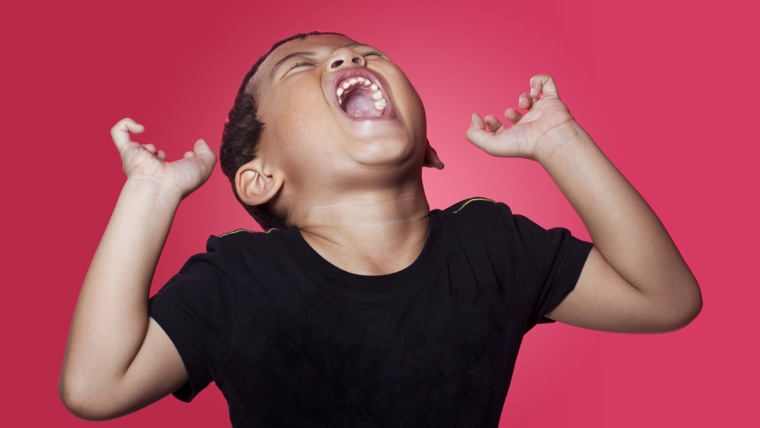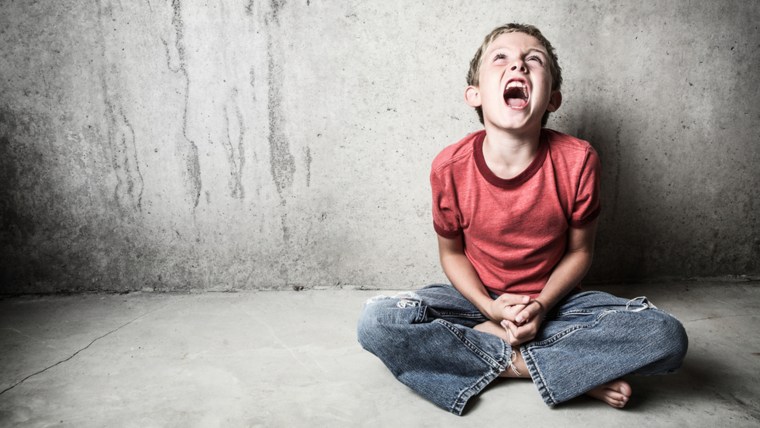Spirited kids are the Super Balls in a room full of rubber balls. Other kids bounce three feet off the ground. Every bounce for a spirited child hits the ceiling.
Does this mean the spirited child is a brat? Look around you. The best and brightest among us often were kids who could have been written off as brats. The lucky ones had adults in their lives who realized that this child — who could drive them crazy — possessed traits that were actually strengths when they were understood and well guided. Traits that potentially translate into the development of a dynamic, focused, energetic adult with the capability of rising above the crowd.

Consider Steve Jobs. Was he a difficult, stubborn, unruly brat, or a spirited individual, committed to his goals, innovative, passionate, determined and a game changer?
Does it really matter whether we call children brats or spirited? Absolutely! When parents choose to see their children as spirited, it gives them hope and encouragement. They can now focus on their child’s strengths rather than his or her shortcomings. Spirited is not just another label. It is a tool for understanding, which literally changes our response.
When we see another person as stubborn, obnoxious, defiant or intrusive, we automatically perceive that individual as a threat. The result is an unconscious physiological reaction preparing us for fight or flight. Adrenaline surges and the heart rate rises. This reaction makes it impossible to empathize with our children.

Changing our vocabulary absolutely alters how we perceive others. Suddenly we realize that the child whom we have viewed as stubborn and defiant can be transformed into a focused, persistent adult. That hyper child who fights sleep at night can become the late-shift ER doctor who saves countless lives.
That positive vision of our child also literally pulls us out of battle mode. We LIKE this child whom we now recognize is passionate and tenacious, and as a result our heart and pulse rate slow, making it possible to listen, think, problem solve and even maintain a sense of humor. We are no longer adversaries. We are working with someone who loves us and who we love with all of our heart. We smile more. We are more patient, and we often give our child more of a break. An occasional misstep, such as a playground tussle, is seen for what it is — a child who has played too long and is ready to go home — not a sign of a flawed, overly aggressive personality. Instead of getting angry, we make a mental note to ourselves: “Next time help Teagan recognize when it’s time to call it quits.”
No, “spirited child” is not just another word for brat. Spirited is a vision of hope. It is a tool for understanding. It is never an excuse for poor behavior. It allows adults to see the potential that lies within these children, and as a result help them to learn to understand themselves, to maximize their strengths and minimize their weaknesses. These children possess the traits to become the adults we admire, enjoy and appreciate because they make our lives richer. They are normal. They are more than normal. They are spirited.
Mary Sheedy Kurcinka is the author of the best-selling book, “Raising Your Spirited Child,” now in a newly revised third edition. You can learn more on her website, parentchildhelp.com, and follow her on Facebook.